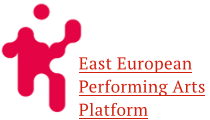East European Performing Arts Platform (EEPAP) supports the
development of contemporary performing arts (dance and theatre)
in 18 countries of Central and Eastern Europe.
International Academic Conference „Dance and the Avant-Garde in Central and Eastern Europe. Territories – Sources – Biographies” 16-17 Nov 2017, Lublin, Poland
International Academic Conference „Dance and the Avant-Garde in Central and Eastern Europe. Territories – Sources – Biographies.”
16-17 November 2017
The Academic Cultural Centre “Chatka Żaka,” Radziszewskiego 16, Lublin, Poland
Conference languages: English, Polish, Russian
A number of key questions arise in the history of dance in Central and Eastern Europe in the 20th century. Did the countries situated between Russia (in its Soviet and later period) and the states of Western Europe—two strong polar opposites, both politically and culturally—manage to achieve autonomy in their artistic output after the First World War, especially when it comes to young arts, such as contemporary dance? How did dance influence the formation of national identities in the changing political realities? How did the process of overlapping between the categories of tradition and the avant-garde take place in these countries, and what where the relationships between artistic experiments and folk and national dance? How were the various “politics of dance” created? How were the different dance traditions institutionalized, how were they codified, engaged into ideological projects and what were their attempts at emancipation? How did national histories and the history of dance in Europe and the world complement each other? And finally: how would it be possible to introduce micro-histories and biographic elements into grand historic narrations?
The aim of the conference is to supplement the traditional, vertical historical narration (describing influences and hierarchies) with a horizontal perspective: encompassing local diversities, relations between regions, personal memories. Presented in this manner, the history of contemporary dance in Central and Eastern Europe extends beyond descriptions of imitation or adaptations of models devised in the centres, and demands attention for the individual nature of regions. At the same time, biographies of dance artists, including the most prominent creators in the field, cannot be captured in the narrow framework of national histories—because of frequent migrations, changes in citizenship, games with identity and affiliation, translations of techniques.
The programme of the conference is based on three themes: the role of women in the development of contemporary dance; the regional and trans-regional perspective on the description of European dance history in the 20th century; and the relationship between contemporary dance and folk and national dance. The conference will begin with a presentation of several extraordinary women dance artists: Pola Nireńska, Bronisława Niżyńska, Marie Rambert, Yanka Rudzka. These artistic personalities were shaped by Central-Eastern Europe and had a substantial impact on the development of contemporary dance throughout the world: in Great Britain, the United States, Canada and Brazil.
The conference will inaugurate the project CHOREOGRAPHIC TERRITORIES – NEW PATHS FOR THE AVANT-GARDE. It will open a discussion on the trans-regional history of contemporary dance, while simultanously displaying the role of women in the development of 20th-century choreography in Central and Eastern European countries. The proceedings will be gathered in a bilingual post-conference publication.
Participants:
Aleksandr Chepalov (Kharkiv State Academy of Culture, “Dance in Ukraine and in the World” magazine); Lynn Garafola (Barnard College, Columbia University); Stephanie Jordan (University of Roehampton, London); Małgorzata Komorowska (Fryderyk Chopin University of Music, Warsaw); Joanna Leśnierowska (Art Stations Foundation, Poznań); Jacek Łumiński (PWST Cracow, Faculty of the Dance Theatre in Bytom); Jadwiga Majewska (Grabowska) (Jagiellonian University in Kraków); Karen Mozingo (Department of Theater, The Ohio State University); Tomasz Nowak (Fryderyk Chopin University of Music, Warsaw); Susan Manning (Northwestern University, Chicago); Aleksander Manshylin (University of Culture and Art and Kyiv, National I. K. Karpenko-Kary University, Kyiv); Olena Shabalina (Kharkiv State Academy of Culture); Svetlana Ulanovskaya (Belarusian State University of Culture and Arts, Minsk).
Concept and coordination of the programme’s theoretical aspect:
Jadwiga Grabowska (Majewska) (Jagiellonian University in Kraków), Grzegorz Kondrasiuk (Maria Curie-Skłodowska University, Lublin)
The event is organized by the Adam Mickiewicz Institute operating under the Culture.pl brand, in cooperation with the Lublin Dance Theatre – the Centre for Culture in Lublin, the East European Performing Arts Platform (EEPAP) and the Theatre Arts Unit at the MCSU in Lublin; within the international cultural programme accompanying Poland’s centenary of regaining independence – POLSKA 100 (Priority 3a of the Multi-annual Programme “Niepodległa” 2017-2021).
CONFERENCE PROGRAMME
(You can download the conference programme in English, Polish and Russian below)
November 16 – Thursday
10.00
Opening of the conference by the organizers:
prof. dr hab. Urszula Bobryk, Pro-Rector for Student Affairs at the Maria Curie-Sklodowska University
Marta Szymańska, coordinator of East European Performing Arts Platform
Ryszard Kalinowski, the Lublin Dance Theatre – the International Dance Theatres Festival
Jadwiga Majewska, originator and coordinator of the conference, the Jagiellonian University
10.30-15.00 – SESSION 1
10.30-11.00
Lynn Garafola (Barnard College, Columbia University) – Amazon of the Avant-Garde on the Global Stage
11.00-11.30
Karen Mozingo (Department of Theater, The Ohio State University) – Choreographing Absence: Ausdruckstanz, Exile, and the Holocaust in the Work of Pola Nirenska
11.30-11.50
Joanna Leśnierowska (Art Stations Foundation, Poznań) – Yanka Rudzka. Gestures and Tropes
11.50-12.10
discussion
12.10-12.40
coffee break
12.40-13.10
Małgorzata Komorowska (Fryderyk Chopin University of Music, Warsaw) – Dancers in the Biographic Dictionary of Polish Theatre, Vol. III—Pola Nireńska, Aleksander Fortunato, Stanisław Szymański, and Others
13.10-13.40
Jacek Łumiński (PWST Cracow, Faculty of Dance Theatre in Bytom) – The Silesian Dance Theatre—the Realisation of the Romantic Idea of Polish Interwar Expressionist Dance (Polish Ausdrucktanz)
13.40-14.00
Oleksandr Manshylin (University of Culture and Art in Kyiv, National I. K. Karpenko-Kary University, Kyiv) – International projects of (with) Ukrainian contemporary dance groups (individuals) 2010-2017
14.00-14.20
Tribute to the scholar Roman Arndt
14.20-15.00
discussion
November 17 – Friday
9.00-13.00 – SESSION 2
9.00- 9.30
Stephanie Jordan (University of Roehampton, London) – Dialogues between Music and Dance: from Polish Landmarks to the Present
9.30-9.50
Alexandr Chepalov (Kharkiv State Academy of Culture, “Dance in Ukraine and in the World” magazine) – Rudolf Laban's reconstruction of dance in Ascona 2017
9.50-10.10
Jadwiga Majewska (Jagiellonian University, Cracow) – Policy Towards Dance and the Politics of Dance in Poland in the Interwar Period and after the Second World War
10.10-10.40
Tomasz Nowak (Fryderyk Chopin University of Music, Warsaw) – Polish Modernist Dance Community and National and Folk Dance
10.40-11.00
discussion
11.00-11.20
coffee break
11.20-11.40
Olena Shabalina (Kharkiv State Academy of Culture) – Contemporary dance lexicon as studying motion in its progress
11.40-12.00
Svetlana Ulanovskaya (Belarusian State University of Culture and Arts, Minsk) – Is there a History of Belarusian Contemporary Dance? An Attempt at Periodization
12.00-12.20
discussion
12.20-12.40
coffee break
12.40-13.25
Lecture by Susan Manning (Northwestern University, Chicago) – Nation and World in Modern Dance: Toward a Global History
13.25-15.00
Open discussion: Artistic migrations in contemporary dance – with the speakers and participants of the conference
Financed by the Ministry of Culture and National Heritage of the Republic of Poland as part of the Multi-annual Programme “Niepodległa” 2017-2021.
The conference is organized under the honorary patronage of the Chancellor of the Maria Curie-Skłodowska University in Lublin.

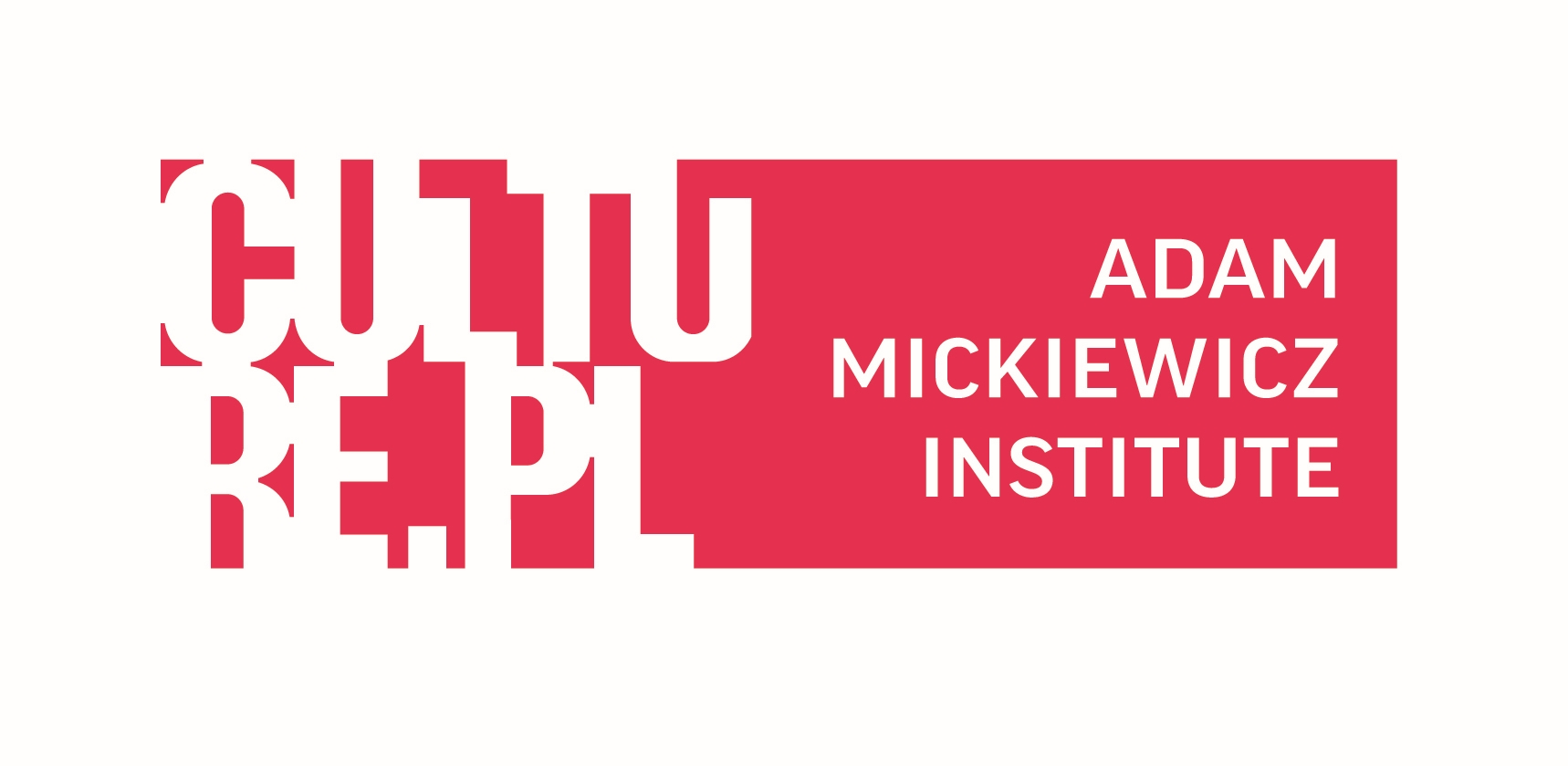
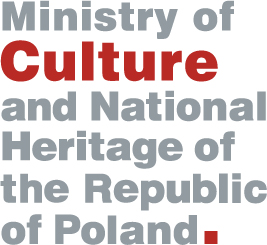
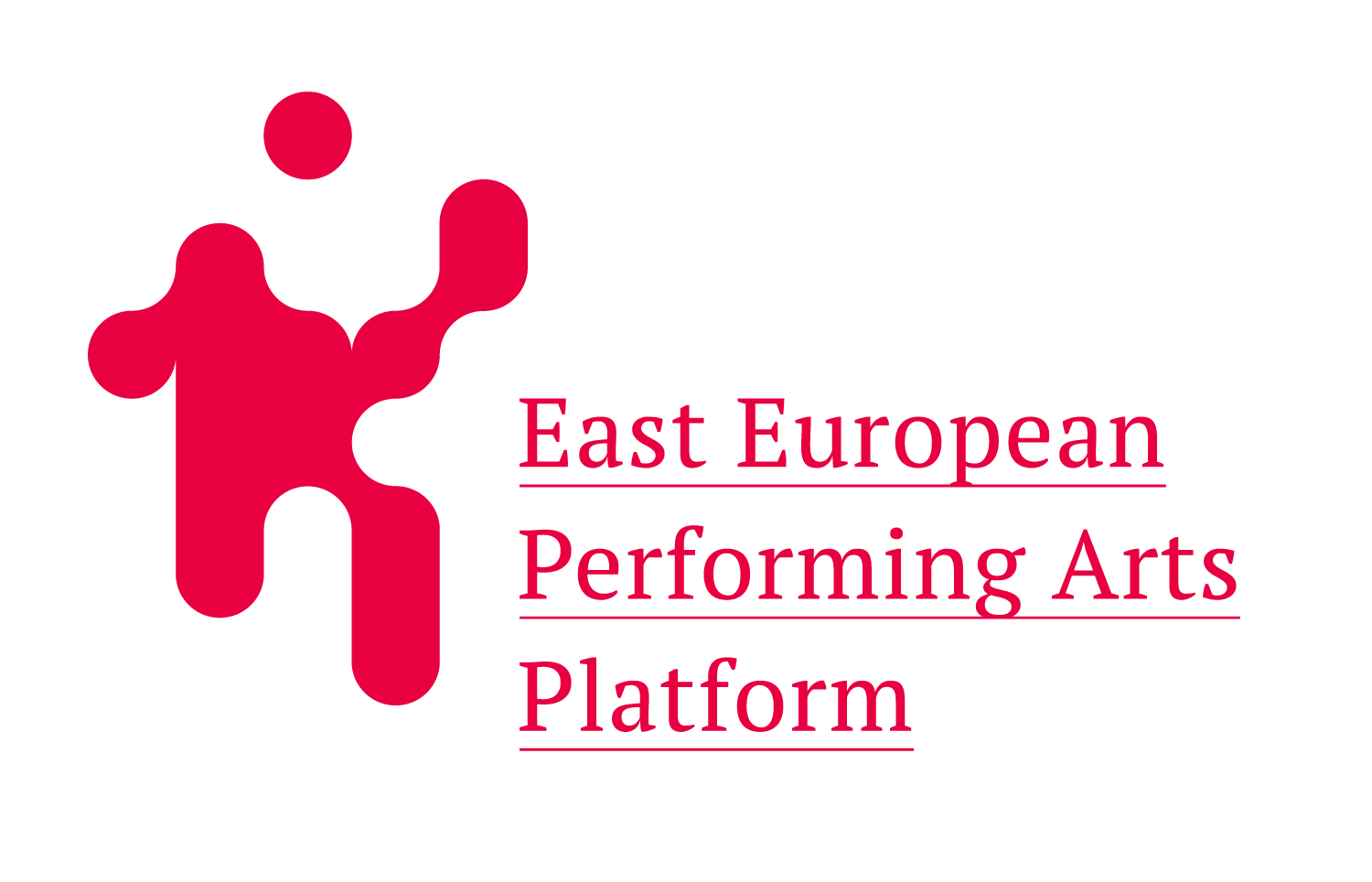
![]()

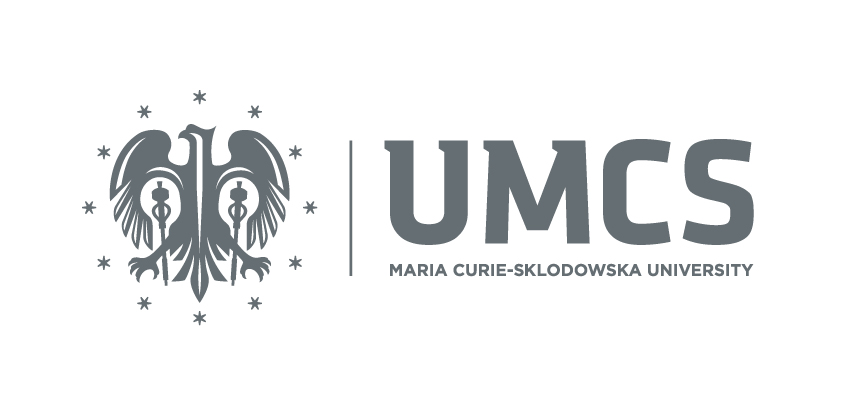
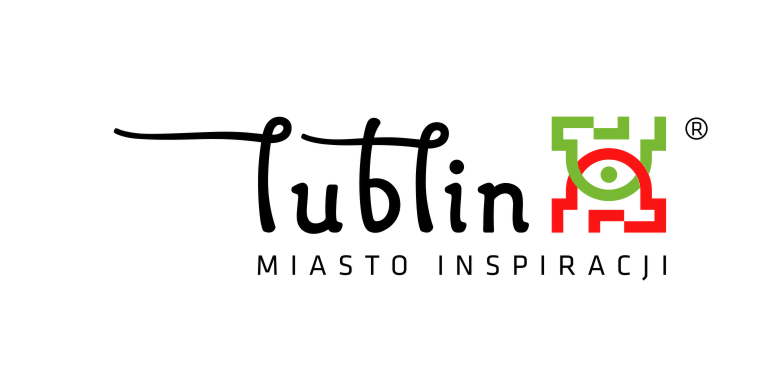
CHOREOGRAPHIC TERRITORIES – NEW PATHS FOR THE AVANT-GARDE is a multiannual project presenting Polish contemporary dance by some of the best Polish artists, educators and theorists of dance affiliated with the Polish Dance Platform 2017. It is planned for the years 2017-2021 and includes performances, workshops, meetings and debates organized in the most active centres of contemporary dance in Central and Eastern Europe: in Belarus, Ukraine, Georgia, Armenia, Slovakia, the Czech Republic, Hungary, Slovenia, Serbia, Bulgaria, and more. The project is a continuation of the 2016 Choreographic Territories programme, the idea of which has been expanded to encompass propositions connected to the prominent figures of women artists of the 20th-century dance avant-garde who were of Polish descent: Pola Nireńska, Bronisława Niżyńska, Marie Rambert and Yanka Rudzka. Their artistic work and fascinating biographies constitute a starting point for constructing the project’s programme, based on a model of intercultural exchange and focused on real cooperation between local communities, presenting themes which emphasize the strong presence of women choreographers and dancers—both today and in the history of Polish dance in general. The idea of the project is to demonstrate that just like in the twenties and thirties, Polish artists can still be a source of inspiration and modern understanding of choreography.
The project is coordinated by the Adam Mickiewicz Institute operating under the Culture.pl brand, in cooperation with the Lublin Dance Theatre – the Centre for Culture in Lublin, the East European Performing Arts Platform (EEPAP), the Institute of Music and Dance and the Art Stations Foundation; within the international cultural programme accompanying Poland’s centenary of regaining independence – POLSKA 100.
Financed by the Ministry of Culture and National Heritage of the Republic of Poland as part of the Multi-annual Programme “NIEPODLEGŁA” 2017-2021.
